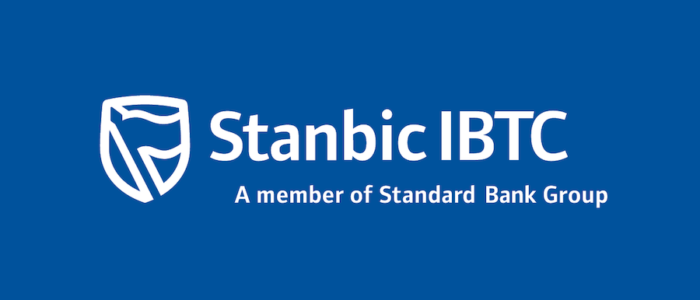Stanbic Holdings Plc, Kenya’s sixth-largest bank with a market capitalization of KES 49.14 billion ($381 million), has completed the upgrade of its core banking application, Temenos 24 (T24 R23).
Last week, the bank notified its over 266,000 customers of service disruptions across its banking channels from October 19 to 21 due to the upgrade. However, on October 23, five customers reported to TechCabal that they were unable to access their accounts or make transfers even after the deadline.
Temenos 24 is utilized by over 950 banks globally, including Kenya Commercial Bank (KCB), primarily for retail, business, corporate, and wealth management services. The application, owned by the Swiss company Temenos, was upgraded in collaboration with US-based Orion Innovation, a digital transformation specialist, according to Stanbic.
“We have upgraded from T24 R17 to T24 R23. R23 is the latest release, and we are among the first banks globally to implement this upgrade,” Stanbic told TechCabal in a statement.
While the current upgrade has had the most significant impact with enhanced security features, Stanbic began upgrading its core banking platform in early 2024, according to two banking executives who spoke to TechCabal. Temenos was updated to version R17 in May 2024, incorporating cloud-based digital banking features.
“We continue to monitor the system for any incidents and to ensure that it is performing at an optimal level,” the bank stated.
The disruptions highlight the complexities of upgrading core banking systems, prompting Kenyan banks to invest in new talent to tackle technical challenges. In 2023, NCBA, a tier-1 bank with a market capitalization of KES 72.9 billion ($565 million), raised its IT staff costs by 30% as competition for talent among banks, telcos, and big tech firms intensified. Similarly, Equity Bank reported a 32% increase in staff costs after allocating more resources to its tech departments.
“Kenyan banks are aggressively hiring tech professionals and data scientists,” said a mid-level bank executive who requested anonymity in an interview with TechCabal.
Developing an in-house core banking platform provides banks with greater control over customization and data security, a manager at a competing bank told TechCabal. However, the manager noted that it can also be expensive and cumbersome, which is why banks like Stanbic opt to outsource core applications to gain access to expertise and achieve cost efficiency.
“Integrations are complex due to the outdated technologies of many banks. Additionally, managing multiple stakeholders within a bank, each with differing priorities, can delay upgrades,” a bank manager told TechCabal.





